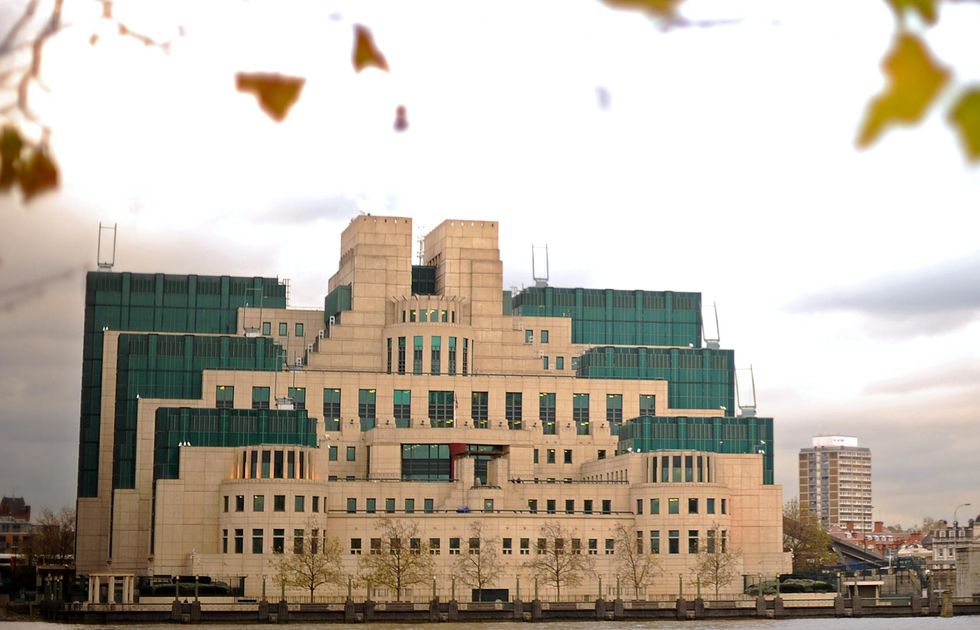News
Indy100 Staff
Jul 11, 2014

David Cameron with Chinese Premier Li Keqiang
Why is an emergency law being fast-tracked through Parliament?
The European Court of Justice (ECJ) ruled in April that an EU directive allowing the retention of data by internet and phone companies breached people’s privacy.
Will the Bill give the state extra powers to spy on phone calls and emails?
No. The Bill maintains existing powers under which the police and security agencies can access communications data and intercept suspects’ phone calls and emails. It will allow telecoms companies to retain data for 12 months, so law-enforcement agencies can use it when investigating serious crimes.
What’s the difference between communications data and intercepts?
Communications data reveals when, where and how people contact one another electronically, but not the content of any calls or emails. Legal intercepts allow police or security agencies to listen in on a suspect’s calls or view emails. Intercepts require a warrant signed by the Home Secretary and are subject to oversight.
Why are Labour and the Liberal Democrats backing the Bill?
They believe the existing powers are needed to combat terrorism and serious crime. In return for their support, they won some safeguards, including a full-scale review of the 2000 law covering access to private communications by public bodies.
Top 100
The Conversation (0)














